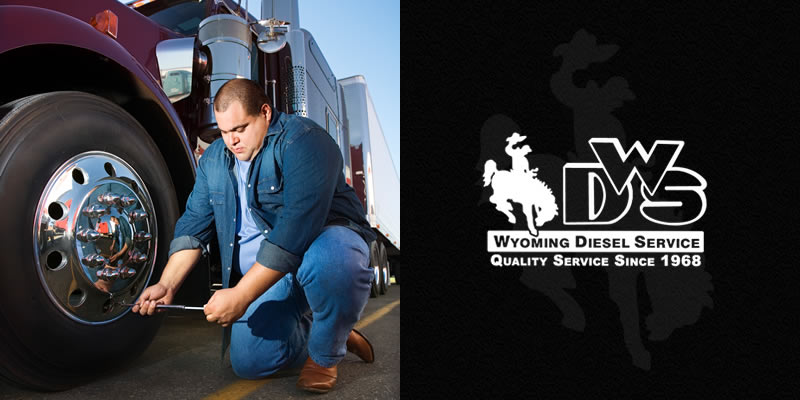1. How to pick the best repair shop?
Amid the rush to get back on the road again after a breakdown, take some time to do some due diligence to make sure you are making the right choices in getting your truck back up and running. Here are a few suggestions for picking the best repair shop in the area you have broken down in.
How long has the repair shop has been in business? We have seen lots and lots of start-ups come and go over the years. They usually have cheaper labor rates and are not very experienced. In addition, they can usually get you in immediately as they don’t have any customers. They will do whatever it takes to get you into the shop and drain your pocketbook. But over time, they can’t make it, and join the list of out-of-business repair shops.
Check out online reviews. These are a great resource for finding a reputable repair shop. Google is a good place to start and usually has the most reviews. But don’t just look at Google reviews—take some time to look at reviews with the Better Business Bureau (BBB) and Yelp. Lastly, you could just ask around. Call your company dispatch and ask for a suggestion or ask your fellow truckers for shop recommendations.
Be wary of that repair shop that works on everything. All vehicles are getting more and more complicated. Choose a repair shop that specializes in your vehicle. If a shop says they only work on certain things, let that be a major YES in your decision-making process.
Are they associated with a dealership network and/or have certified mechanics? Like we said earlier, vehicles are complicated today. A repair shop needs to train their mechanics constantly to keep up with rapid changes in technology. If they are associated with a dealer network like Cummins or Caterpillar, this is a good sign they are getting training and trying to achieve a level of excellence to repair your vehicle properly the first time.
Are they accredited with the BBB? Repair shops that have taken the time to get accredited are dedicated to a level of transparency that only reputable and sound businesses are willing to subject themselves to.
2. Should I perform my own preventive maintenance?
If you are mechanically inclined, the answer is absolutely. It’s a good way to save some money and learn a little about your vehicle. The more you know about your vehicle, the better you will be at troubleshooting issues and making the right choices when it comes to your big rig’s repairs. We still suggest getting your truck into a professional repair shop from time to time to look things over and make sure you are not missing anything.
As always, make sure you refer to your truck’s owner’s manual for the proper way to maintain your vehicle.
3. Repairs in big cities vs. small towns
Repairs in the big city will, at times, be faster, as they have the resources in town to get parts that they don’t have in stock. But one caveat with the big-city shops is that you are just another number. If you come back in for another repair six months later, they will have no clue who you are. Small-town shops usually treat customers as family, and if you have a repair that you need, call a couple of days out to make sure they have the part in stock and make your repair stop that much shorter.
4. Trucks are not going to last forever
Commercial heavy-duty trucks these days are designed to last a long time. But over the years and miles, they will fail and need some major repairs that are going to cost some money. Preparing for that eventual breakdown by saving some money is a wise idea. Set aside some money each month in a savings account—I would even label the account as an “emergency breakdown fund” and only withdraw money for breakdowns. Having some savings will help make that eventual breakdown less stressful.
5. Scam mobile mechanic repair shops
We have seen fake mobile mechanic websites popping up all across the country. They will have a nice website and even some nice reviews. But beware—upon calling these places, they will require some sort of up-front payment before dispatching a mobile repair vehicle to your location. Once you pay them, you will never see a repair vehicle or hear from them again. They just took your money, and if you call back they will just hang up or ignore your calls. So if you ever call a shop that demands up-front payment, hang up and look for another shop.


A big thanks for such the helpful tips about truck repair!
This was a helpful article about truck repairs. My truck is having engine problems. I’ll look for a mechanic who can help me repair my truck.
Thanks for the tip that it might be difficult to buy new truck parts when you live far from big cities. My uncle is planning to restore his old truck in order to use it for a ranch that he will get built soon. Perhaps buying new truck parts would be a lot more viable than getting repairs at this rate because he hasn’t used his truck in years.
It is helpful that you mentioned that you need to consider if a truck repair service is accredited before you choose to hire them. I hadn’t thought of that before, but it seems like a great way to know that you could trust them. My trailer is having issues, and I need to get it fixed before our next camping trip in a few weeks. When I look for a repair service to help me, I will be sure to consider their accreditation.